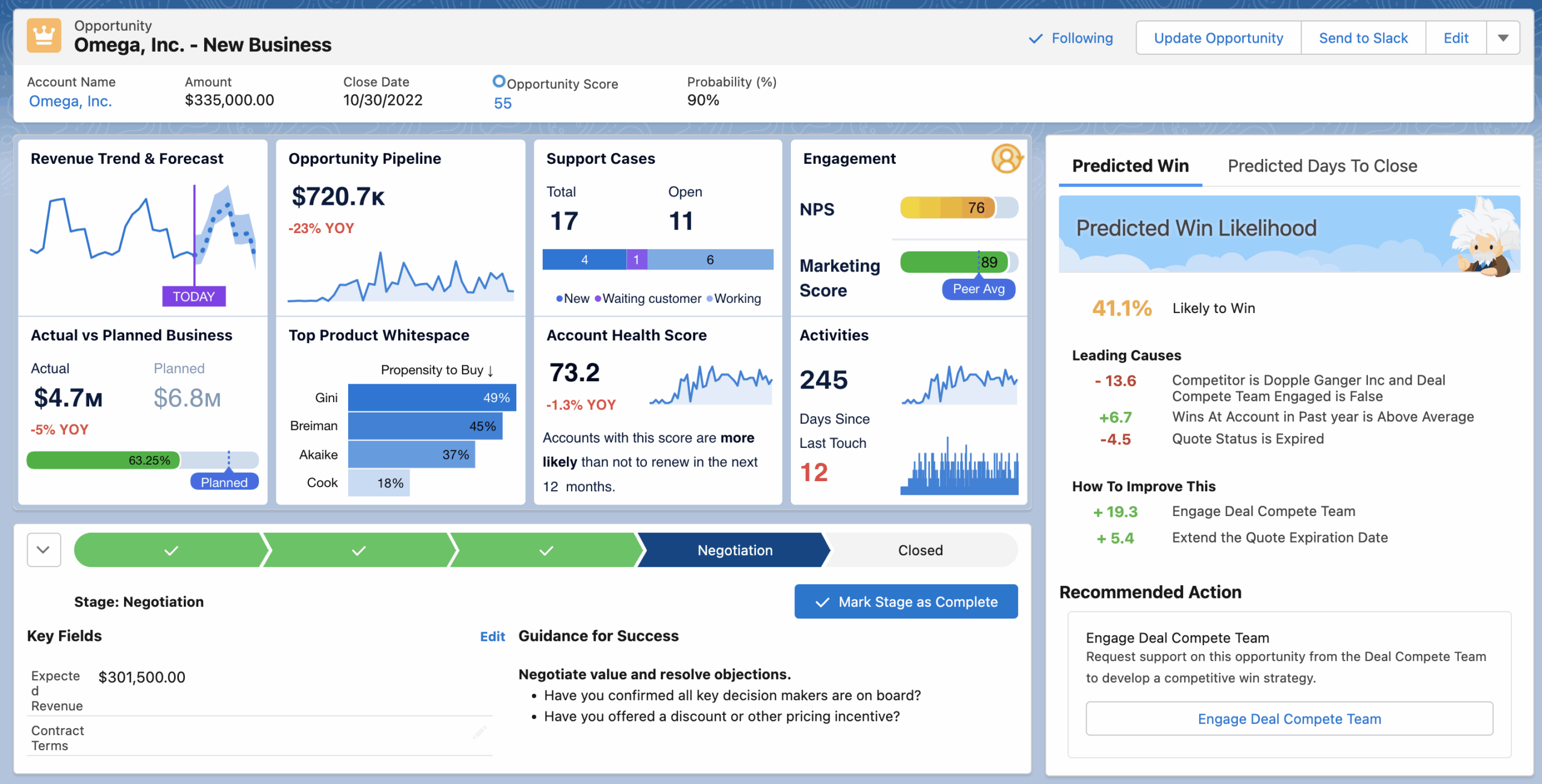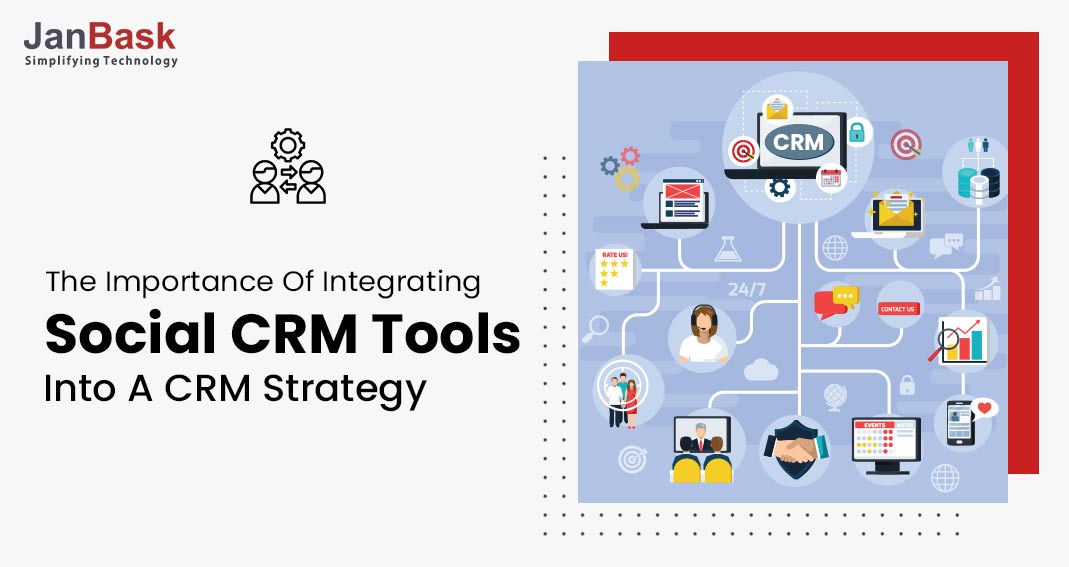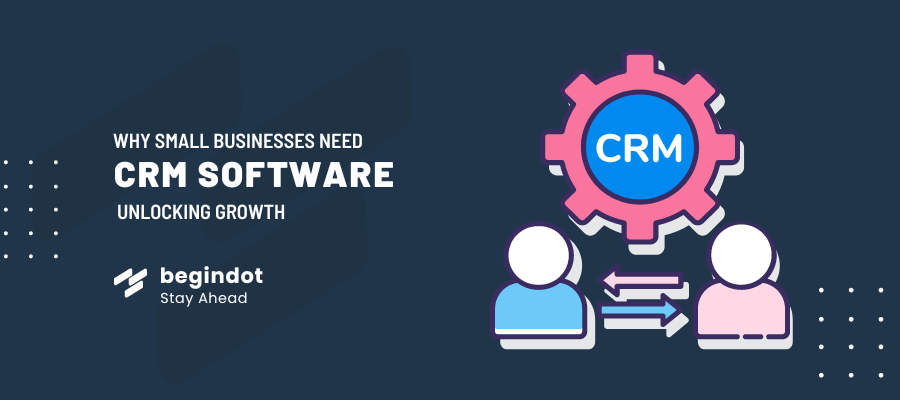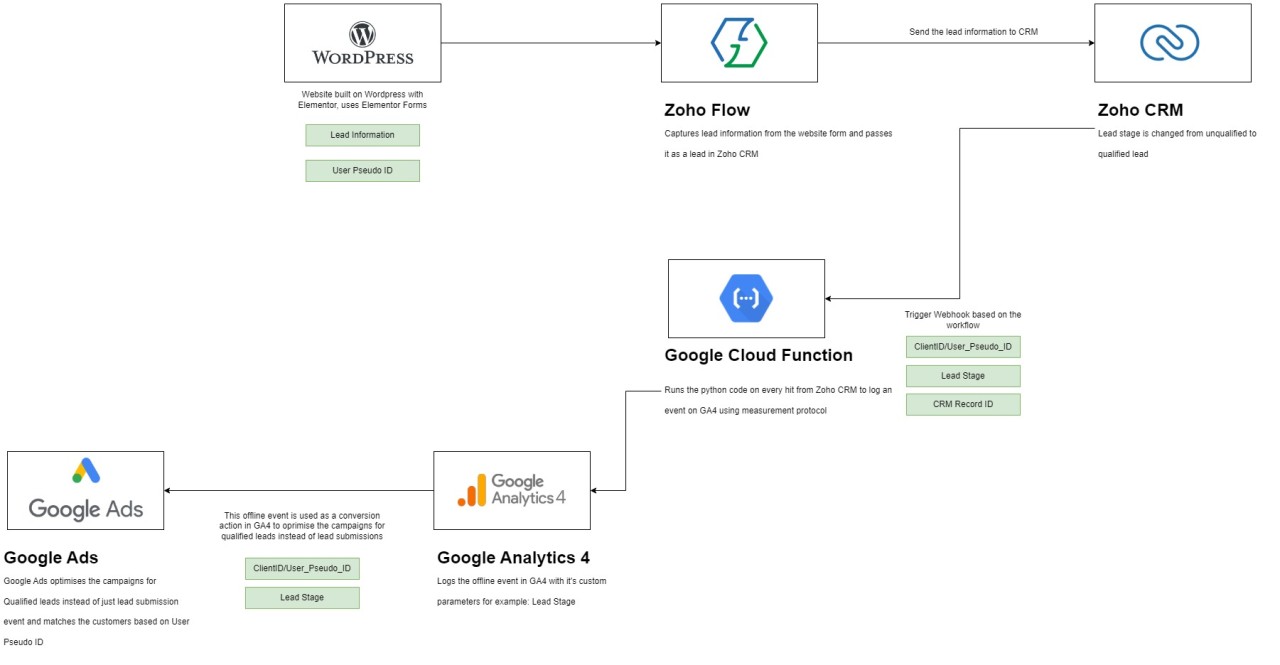Small Business CRM Flexibility in 2025: Adapting to a Dynamic Landscape
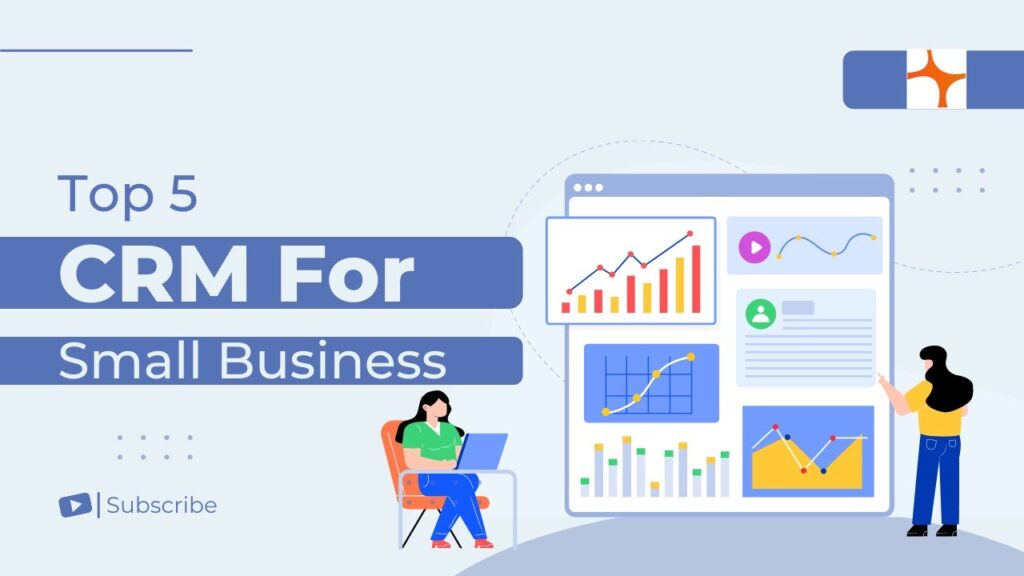
Small Business CRM Flexibility in 2025: Adapting to a Dynamic Landscape
The business world is in a constant state of flux. What worked yesterday might not work today, and certainly won’t be effective tomorrow. This is especially true for small businesses, which often operate with limited resources and need to be agile to survive and thrive. One of the most critical tools for any small business in the coming years will be a Customer Relationship Management (CRM) system. However, it’s not just about having a CRM; it’s about having a CRM that offers unparalleled flexibility. This article delves into the importance of CRM flexibility for small businesses in 2025, exploring the challenges, the solutions, and the future of customer relationship management.
The Evolving Landscape of Small Business in 2025
Before diving into CRM flexibility, it’s essential to understand the environment in which small businesses will be operating in 2025. Several key trends will shape the landscape:
- Increased Digitization: Businesses will be even more reliant on digital tools and platforms. E-commerce, online marketing, and remote work will be the norm, requiring seamless integration across various digital touchpoints.
- Changing Customer Expectations: Customers will demand personalized experiences, instant gratification, and proactive service. They will have access to more information than ever before, making them more discerning and less tolerant of poor service.
- Data Privacy and Security Concerns: With stricter regulations and increasing cyber threats, businesses will need to prioritize data security and privacy to maintain customer trust and comply with legal requirements.
- Talent Acquisition and Retention Challenges: Finding and retaining skilled employees, particularly those with tech expertise, will be a significant challenge for small businesses.
- Economic Uncertainty: The global economy will likely remain volatile, requiring businesses to be adaptable and resilient to navigate economic downturns and market fluctuations.
These trends highlight the need for small businesses to be adaptable, customer-centric, and technologically savvy. A flexible CRM system is crucial to meet these demands.
Why CRM Flexibility Matters in 2025
Flexibility in a CRM system isn’t just a nice-to-have; it’s a necessity. Here’s why:
1. Adapting to Changing Business Needs
Small businesses often experience rapid growth, shifts in strategy, and unexpected challenges. A flexible CRM can adapt to these changes by allowing businesses to:
- Customize workflows: Tailor processes to specific business needs, such as sales pipelines, customer onboarding, and support ticket management.
- Add or remove features: Easily integrate new features or remove outdated ones as business requirements evolve.
- Scale resources: Adjust the system’s capacity to accommodate increasing data volumes and user numbers.
2. Integrating with Other Systems
In 2025, small businesses will rely on a wide array of software and tools. A flexible CRM should seamlessly integrate with other systems, such as:
- Marketing automation platforms: To synchronize customer data and automate marketing campaigns.
- E-commerce platforms: To track customer purchases and personalize the shopping experience.
- Accounting software: To streamline financial reporting and billing processes.
- Communication tools: To manage communications across various channels, including email, phone, and social media.
3. Providing a Personalized Customer Experience
Customers in 2025 will expect personalized experiences. A flexible CRM allows businesses to:
- Segment customers: Group customers based on demographics, behavior, and preferences.
- Personalize interactions: Tailor communications and offers to individual customer needs.
- Track customer journeys: Understand the customer’s journey across multiple touchpoints and identify areas for improvement.
4. Enhancing Data Analysis and Reporting
Data is the lifeblood of any business. A flexible CRM provides robust data analysis and reporting capabilities, enabling businesses to:
- Track key metrics: Monitor sales performance, customer satisfaction, and other critical business indicators.
- Generate custom reports: Create reports tailored to specific business needs and objectives.
- Identify trends: Analyze data to identify patterns, opportunities, and potential risks.
5. Ensuring Data Security and Compliance
With data privacy regulations becoming increasingly stringent, a flexible CRM should offer robust security features and compliance capabilities, including:
- Data encryption: Protecting sensitive customer data from unauthorized access.
- Access controls: Restricting access to data based on user roles and permissions.
- Compliance with regulations: Ensuring compliance with data privacy regulations such as GDPR and CCPA.
Key Features of a Flexible CRM for Small Businesses in 2025
To meet the challenges of 2025, small businesses need a CRM with the following key features:
1. Customization Options
The ability to customize the CRM to fit the specific needs of the business is paramount. This includes:
- Custom fields: Adding custom fields to capture specific data relevant to the business.
- Workflow automation: Automating repetitive tasks and streamlining business processes.
- Custom dashboards: Creating dashboards that display key metrics and insights.
2. Integration Capabilities
Seamless integration with other business systems is essential. Look for a CRM that offers:
- API access: Allowing integration with a wide range of third-party applications.
- Pre-built integrations: Offering integrations with popular platforms such as marketing automation tools, e-commerce platforms, and accounting software.
- Data synchronization: Ensuring that data is synchronized across all integrated systems.
3. Mobile Accessibility
With remote work becoming more prevalent, mobile accessibility is crucial. The CRM should offer:
- Mobile apps: Providing access to CRM data and functionality on mobile devices.
- Offline access: Allowing users to access and update data even without an internet connection.
- Responsive design: Ensuring that the CRM is user-friendly on any device.
4. Scalability
The ability to scale the CRM as the business grows is essential. Look for a CRM that offers:
- Flexible pricing plans: Offering pricing plans that can be adjusted based on the number of users and features.
- Scalable infrastructure: Ensuring that the system can handle increasing data volumes and user numbers.
- Performance optimization: Maintaining optimal performance even as the system scales.
5. User-Friendly Interface
A user-friendly interface is essential for adoption and productivity. The CRM should:
- Be intuitive: Easy to learn and use, with a clear and concise interface.
- Offer drag-and-drop functionality: Simplifying tasks such as creating reports and customizing dashboards.
- Provide excellent customer support: Offering readily available support and training resources.
Choosing the Right CRM for Your Small Business in 2025
Selecting the right CRM is a critical decision. Here’s how to choose a flexible CRM that meets your needs:
1. Define Your Needs
Before you start evaluating CRM systems, identify your specific business needs. Consider:
- Your business goals: What do you want to achieve with a CRM?
- Your existing systems: What systems do you need to integrate with?
- Your budget: How much are you willing to spend on a CRM?
- Your team’s technical skills: How much training will your team need?
2. Research CRM Options
Once you’ve defined your needs, research different CRM options. Consider:
- Cloud-based vs. on-premise: Cloud-based CRMs offer greater flexibility and scalability.
- CRM vendors: Research different vendors and their offerings.
- Pricing plans: Compare pricing plans to find one that fits your budget.
- Reviews and testimonials: Read reviews and testimonials from other small businesses.
3. Evaluate Key Features
Evaluate the key features of each CRM option. Prioritize features that are most important to your business, such as:
- Customization options: Ensure that the CRM offers the customization options you need.
- Integration capabilities: Verify that the CRM integrates with your existing systems.
- Mobile accessibility: Confirm that the CRM offers mobile apps or a responsive design.
- Scalability: Assess the CRM’s ability to scale as your business grows.
- User-friendliness: Ensure that the CRM has a user-friendly interface.
4. Test the CRM
Before making a final decision, test the CRM. Most CRM vendors offer free trials. Use the trial to:
- Explore the features: Test the CRM’s features and functionality.
- Evaluate the user interface: Determine if the interface is user-friendly.
- Test integrations: Test the CRM’s integration capabilities.
- Get feedback from your team: Ask your team for feedback on the CRM.
5. Implement and Train
Once you’ve chosen a CRM, implement it and train your team. This includes:
- Data migration: Migrating your existing data to the new CRM.
- Customization: Customizing the CRM to fit your specific needs.
- User training: Training your team on how to use the CRM.
- Ongoing support: Providing ongoing support to your team.
The Future of CRM and Flexibility
The future of CRM is all about flexibility and adaptability. Several trends will shape the future of CRM:
1. Artificial Intelligence (AI) and Machine Learning (ML)
AI and ML will play an increasingly important role in CRM, enabling businesses to:
- Automate tasks: Automate repetitive tasks such as data entry and lead scoring.
- Personalize interactions: Personalize customer interactions based on their behavior and preferences.
- Predict customer behavior: Predict customer behavior and anticipate their needs.
- Improve decision-making: Provide insights and recommendations to improve decision-making.
2. Increased Automation
Automation will become more sophisticated, enabling businesses to automate a wider range of tasks, including:
- Marketing campaigns: Automate the creation and delivery of marketing campaigns.
- Sales processes: Automate sales processes, such as lead qualification and follow-up.
- Customer service: Automate customer service tasks, such as answering frequently asked questions and resolving simple issues.
3. Enhanced Integration
CRM systems will integrate with a wider range of systems, including:
- Social media platforms: Integrating with social media platforms to manage social media interactions and track customer sentiment.
- Internet of Things (IoT) devices: Integrating with IoT devices to collect data and personalize customer experiences.
- Voice assistants: Integrating with voice assistants to provide customers with voice-activated access to CRM data and functionality.
4. Data Privacy and Security
Data privacy and security will continue to be a top priority. CRM systems will:
- Offer enhanced security features: Provide more robust security features to protect customer data.
- Comply with stricter regulations: Ensure compliance with evolving data privacy regulations.
- Provide greater transparency: Offer greater transparency into how customer data is collected and used.
Conclusion: Embracing Flexibility for CRM Success in 2025
In conclusion, CRM flexibility is not just a trend; it’s a fundamental requirement for small businesses in 2025. By choosing a flexible CRM, small businesses can adapt to changing market conditions, personalize customer experiences, and drive business growth. By understanding the evolving landscape, prioritizing key features, and carefully selecting a CRM that aligns with your business needs, small businesses can position themselves for success in the years to come. The ability to customize, integrate, and scale will be crucial in navigating the complexities of the future business environment. Don’t just invest in a CRM; invest in a flexible CRM that empowers your business to thrive.

